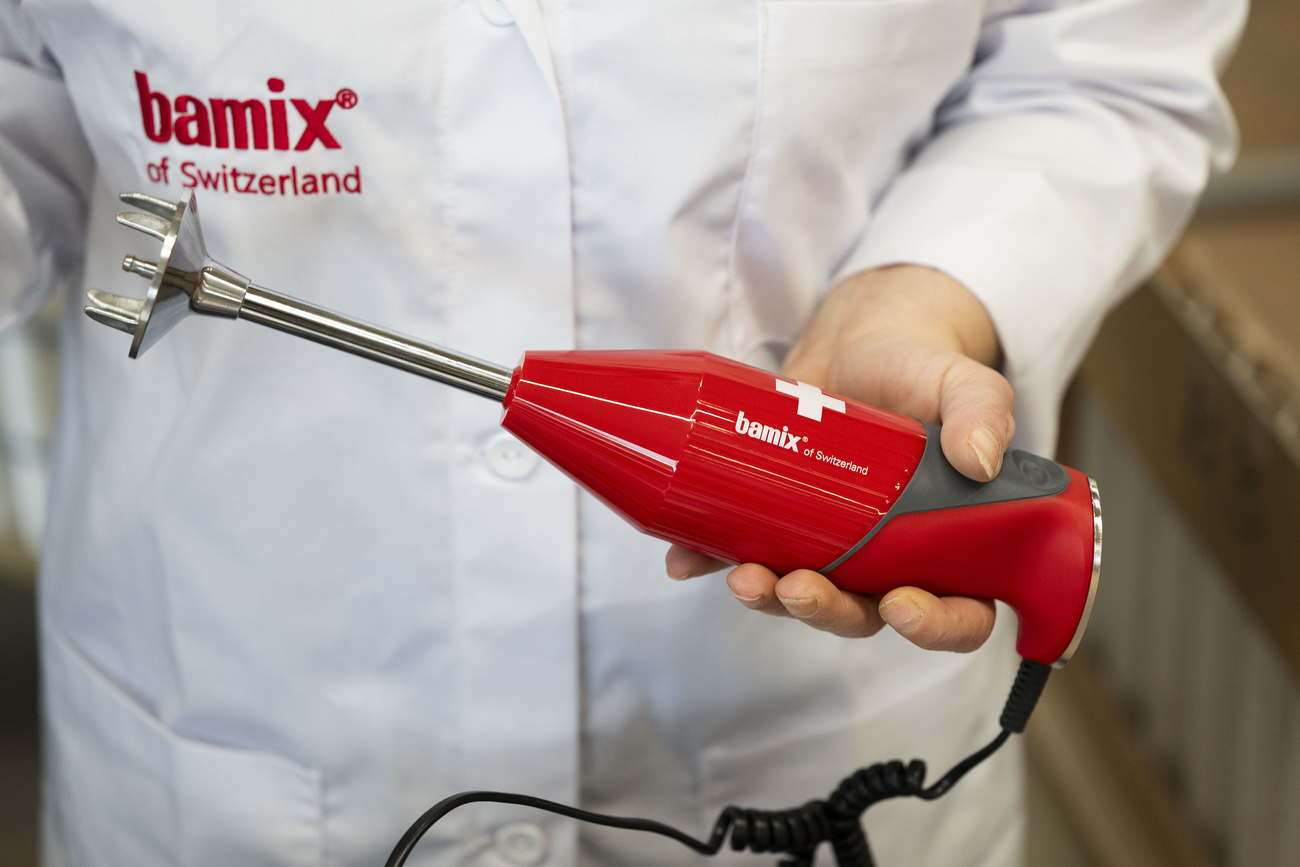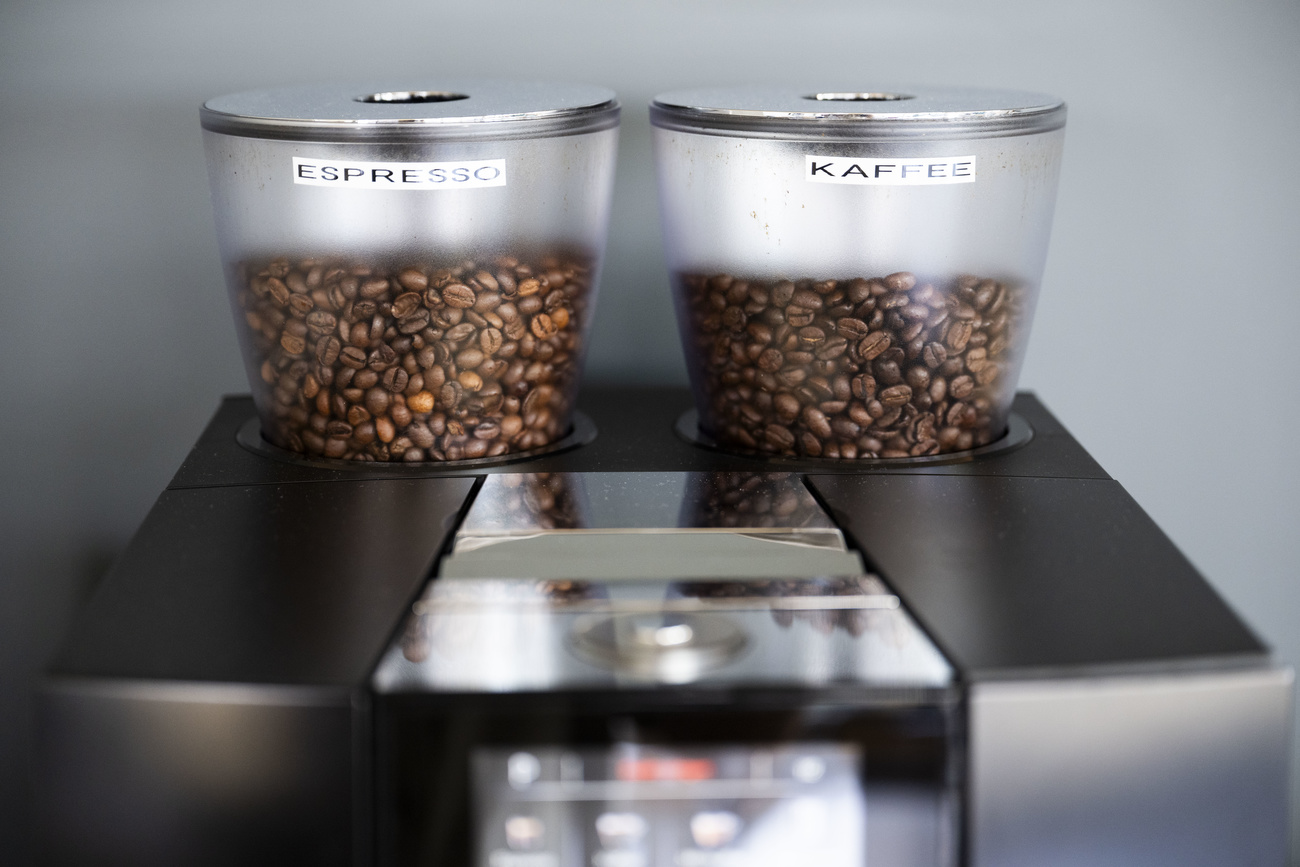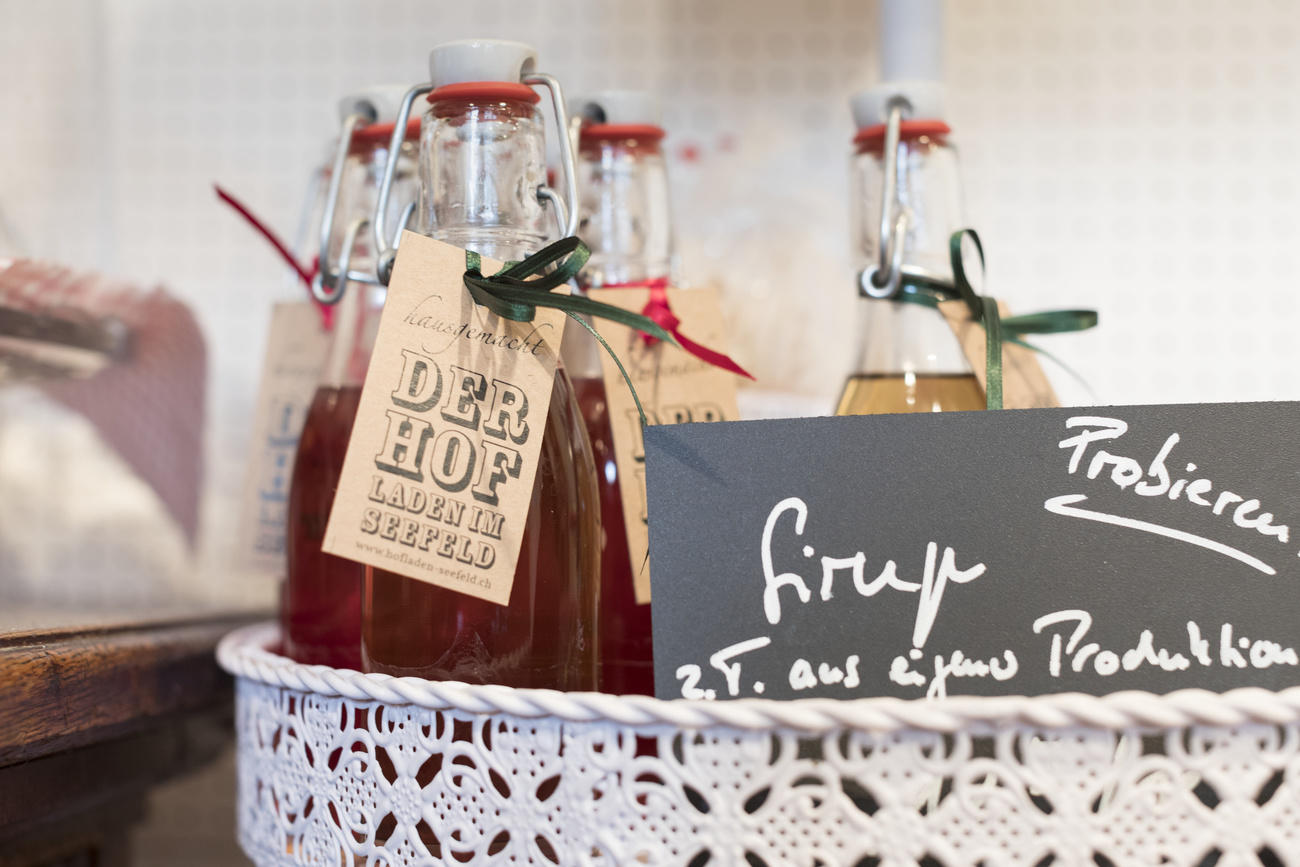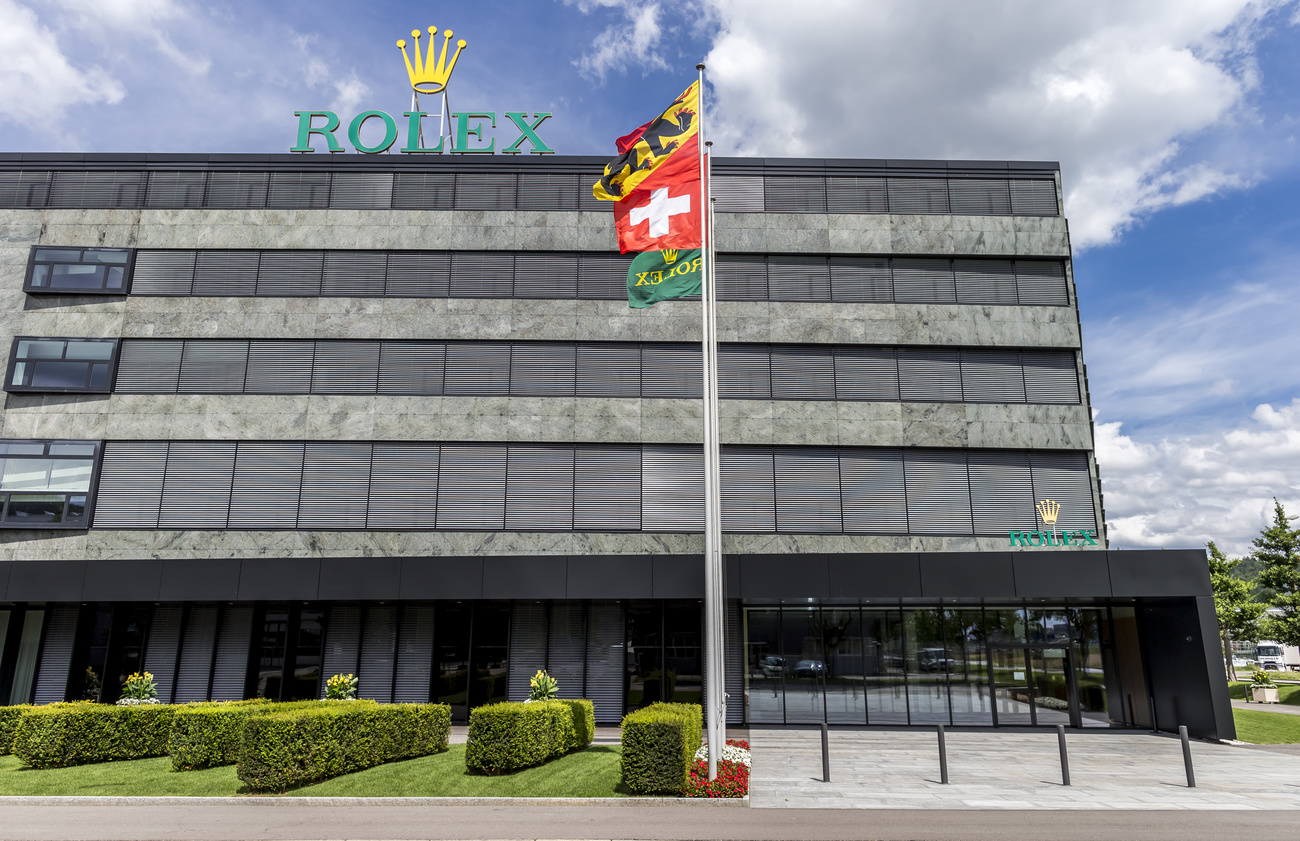Blending globally: the big success of a small Swiss product

For 70 years, Bamix blenders have been manufactured by hand in a small Swiss town, from where they then make their way to kitchens around the world. What’s next on the menu for Bamix?
In 1950, Roger Perrinjaquet had a simple but revolutionary idea: why isn’t there a kitchen appliance that can do everything, and which can fit your hand? In 1953 the Swiss man successfully filed a patent request for his idea, which was registered the following year with the name “ESGE’s magic wand for housewives”.
A short decade later, in 1960, the hand blender began to be made in a factory in Mettlen, canton Thurgau, and soon found its way into homes around the country.
The small corner of northern Switzerland doesn’t look like a world-beating location. Yet from Mettlen, the Bamix appliance is exported and sold in 45 countries. Some 90% of the blenders are exported – to the US, Canada, South Africa, Japan and China, among others. IGermany and Denmark are also key buyers.

More
Business stories by SWI swissinfo.ch
Meanwhile the Thurgau production plant now manufactures up to 400,000 blenders each year. And Perrinjaquet’s original vision still remains important – the product should be handy, efficient, and entirely “made in Switzerland”. Notably, this latter point has been adhered to, even after a takeover by a US company in 1964 – which later went bankrupt – and several subsequent changes in ownership. All the while, Bamix has continued to be made in Mettlen, a village of just 500 souls.
Swiss-made quality
Inside the factory, the 30 employees are quiet, focussed, and – with just one exception – all women. The blender’s motor is put together by hand in several stages. It’s an advantage that all this production is done in one place, says company director Erich Eigenmann: “we put a lot of effort into it, since the motor is the centrepiece [of the blender],” he says. “When production takes place here, we can ensure quality and maintain independence.”
Various models and strengths of motors are manufactured. A Bamix blender must be able to rotate up to 22,000 times per minute, according to specifications. And each model is checked once completed. “When it’s good, then the semi-finished product is ready for final assembly”; if not, the motor is taken out and adjusted before being reinserted into the process.
The company does not release exact figures on profits. Eigenmann says merely that business is good, even though Bamix products are often more expensive than other brands: “we were never really cheap,” he says. “We are in the medium- or high-price segments of the market, we don’t want to simply produce cheaply and sell at low prices – this would make us just one product among many”.
Long-lasting – a disadvantage?
In the end, the objective is a solid product which can be used for a long time and repaired if needed. Longevity is not a disadvantage, says Eigenmann. “There are still a lot of untapped markets, as well as potential in the existing markets,” he says. “We’re not running out of ideas.”
That said, the inflation and consumer slump of recent years did not leave Bamix unscathed. The company has also since realised that consumers may think twice about the purchase of such a kitchen appliance – after all, depending on the model, a Bamix costs some CHF140-270 ($155-300).
So far, the single-product strategy has worked. However, a business shift is not out of the question in the future, says Eigenmann. “We have always analysed our strategy, and so far have seen that it’s the right one,” he says. “But I don’t want to rule out the possibility of expanding to produce new kitchen appliances at some point.”
Until then, the Bamix blender is here to stay. Perhaps even for another 70 years.
Translated from German by Domhnall O’Sullivan

In compliance with the JTI standards
More: SWI swissinfo.ch certified by the Journalism Trust Initiative












You can find an overview of ongoing debates with our journalists here . Please join us!
If you want to start a conversation about a topic raised in this article or want to report factual errors, email us at english@swissinfo.ch.